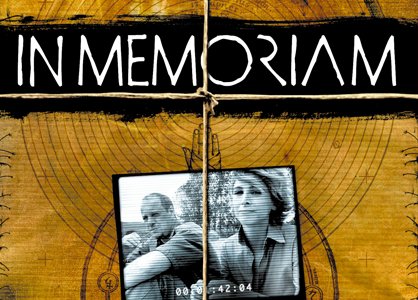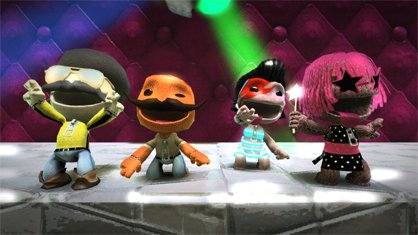Is 'Game of the Year' losing all meaning?
Apparently every game is GotY these days. Here's how they get away with it, and here's why it doesn't matter
Please be aware that I'm not criticising any of these games for being obscure,quirky or niche. If you know my writings, you'll know that's exactly what I'm into. But somehow, 'Game of the Year', just doesn't sit quite right with them. Regardless, GotY editions they got, and here's a bit of context to explain just why that was so strange, all things considered.

The game: A high-fantasy RTS that eliminated micromanagement by concentrating on lower numbers of controllable on-screen units. Great game with great ideas, but it also...
Came out the same year as:
Silent Hill 2
Ico
Devil May Cry
GTA III
Golden Sun
Project Gotham Racing
Metal Gear Solid 2
Halo
Super Smash Bros Melee
Conker's Bad Fur Day
Black & White
Final Fantasy X
Max Payne

The game: A pioneering PC adventure game that used all kinds of augmented reality gubbins, including real-world websites, real-world websites created specifically for the game, and simulated e-mail from the game's characters. Good game, but a bit hit-and-miss.
Came out in the same year as:
Beyond Good & Evil
Max Payne 2
Prince of Persia: The Sands of Time
SSX3
Call of Duty
Soul Calibur II
F-Zero GX
The Legend of Zelda: The Wind Waker
Weekly digests, tales from the communities you love, and more

The game: A fantastic, personality-packed tower defence game, blending ultra-accessible ease of use with satisfying depth. A perfect little portable title and pretty much universally loved. But it had a fair bit of competition for GotY.
Came out the same year as:
Flower
Street Fighter IV
Warhammer 40, 000: Dawn of War II
Resident Evil 5
GTA: Chinatown Wars
Braid
BlazBlue
Tales of Monkey Island
Battlefield 1943
Batman: Arkham Asylum
Borderlands
Demon's Souls
Uncharted 2
Ratchet & Clank: A Crack in Time
Bayonetta
GTA: The Ballad of Gay Tony
Dragon Age: Origins
Modern Warfare 2
Left 4 Dead 2
Assassin's Creed 2
The Legend of Zelda: Spirit Tracks
It’s definitely a positive thing that less obvious, less mainstream games now get the accolades they deserve in the press. And God only knows how hard it is for anything less than an ultra-top-scoring, triple-A release to get any attention at the moment. But all of this does raise the issue that the GotY title is becoming a little meaningless. Shouldn’t the accolade be treated like the fabled 10/10 review score, reserved for revolutionary, medium-defining games so accomplished they hold value for everyone, no matter what their normal personal tastes?

But at the same time there’s the argument that given the healthy versatility of games as a medium, and the huge variety of tastes they attract, virtually anything can be someone’s game of the year. Games offer all kinds of different experiences and all kinds of different kinds of value now, from the once-through spectacle of a 15 hour FPS to the five-minutes at a time fun of the casual games you play like a crack habit. What quantifies as ‘best’ is actually getting harder and harder to define in gaming, as games and their players become more and more eclectic.
Perhaps the best thing to do as a gamer is simply to keep an eye on as broad a spectrum of games as you can across the whole year. After all, if any game can technically tell you that it’s the Game of the Year now, you need to know where it fits into the great scheme of things and exactly what kind of a Game of the Year it really is. And if more of us are paying attention to more games, perhaps eventually there will be less need for this kind of flagrant attention-seeking anyway. And that can only be a positive thing for everyone.
What do you think? Are you ever swayed by these lofty game box proclamations? Or does their current frequency make you too cynical to care? Let me know in the comments.



